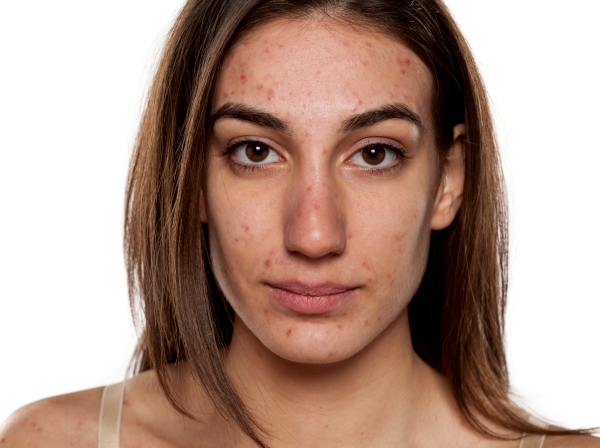Beauty therapists treating clients with acne should pay close attention to their psychological wellbeing as they are at a significantly increased risk of developing depression.
A new Canadian study, published in the latest issue of The British Journal of Dermatology, analysed the medical records of nearly two million people from 1986 to 2012 (134,427 with acne and 1,731,608 without) to conclude acne is much more than just “a skin blemish”
The report’s lead author, Dr Isabelle Valleran, a researcher with the Community Health Sciences Department at the University of Calgary, said patients with acne have “a significantly increased risk of developing major depression” in the first five years after diagnosis.
The investigators found that the risk for major depression was 63 percent higher for patients with acne in the first year of acne diagnosis than for patients without it, but the risk gradually decreased.
Dr Isabelle Vallerand said it was critical that doctors and other specialists treating patients with acne monitor their mood symptoms and initiate prompt treatment for depression if needed.
“This study highlights an important link between skin disease and mental illness,” she said.
“Given the risk of depression was highest in the period right after the first time a patient presented to a physician for acne concerns, it shows just how impactful our skin can be towards our overall mental health.
“For these patients with acne, it is more than a skin blemish – it can impose significant mental health concerns and should be taken seriously.”
She told Reuters that “while it has been known for many years that people with acne might have a lower mood resulting from their skin, this is the first study to show conclusively that acne can be more than just a skin blemish, and can have a substantial impact on mental health in the form of clinical depression”.
“We believe that healthcare providers treating patients with acne should encourage any of their patients with acne to feel comfortable raising any mental health concerns to their attention.”

